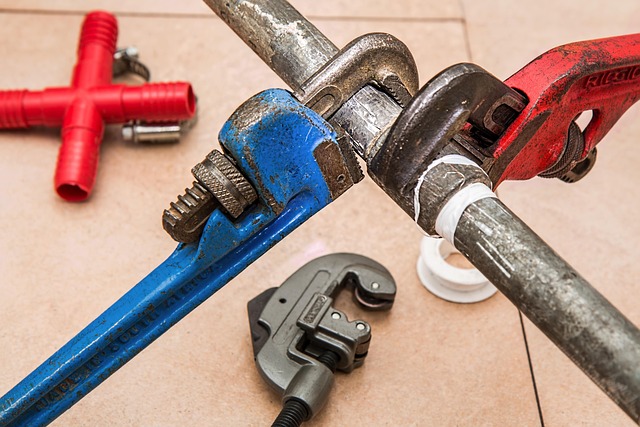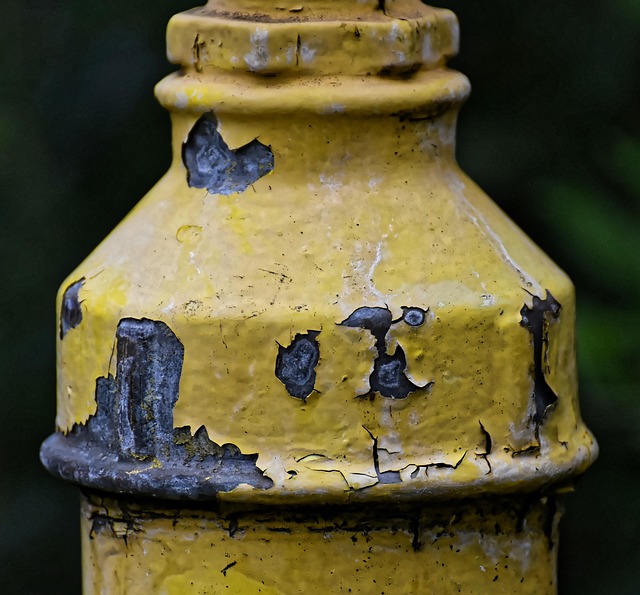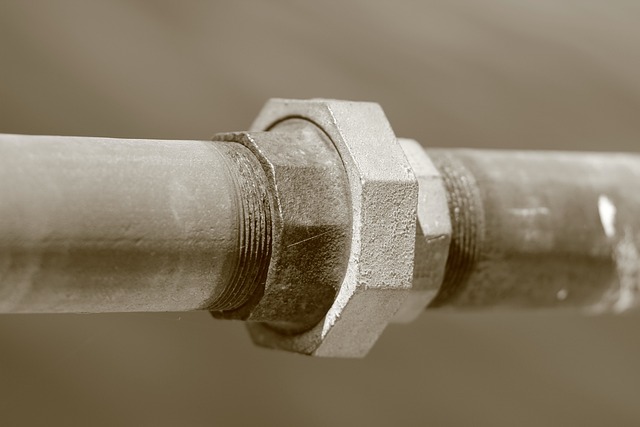Regular pipe leak checks, including noise, wet spots, water meter spikes, corrosion, and limescale buildup, coupled with professional inspections, are Pipe Leak Detection Tips that prevent water damage, mold growth, and structural instability. Timely action on these tips saves homeowners from costly repairs and ensures the longevity of their homes. Proactive measures like locating the main shut-off valve, installing detectors in high-risk areas, and monitoring unusual water usage mitigate hidden pipe leaks' risks to your property.
Small pipe leaks might seem insignificant, but they can lead to major water damage. Understanding their impact and implementing early detection strategies is crucial to preventing extensive property harm. This article delves into the hidden dangers of small pipe leaks, offering practical pipe leak detection tips to help you catch them early. Learn how to navigate this intricate process and prevent costly repairs from hidden culprits in your plumbing system.
- Understanding the Impact of Small Pipe Leaks
- Early Detection: Practical Pipe Leak Detection Tips
- Preventing Major Water Damage from Hidden Leaks
Understanding the Impact of Small Pipe Leaks

Small pipe leaks might seem insignificant, but they can quickly escalate into major water damage if left unchecked. Understanding the potential impact is crucial for every homeowner. Even a tiny leak can cause substantial water loss over time, leading to the deterioration of walls, floors, and foundations. As water seeps through cracks and crevices, it can create a moist environment, fostering mold growth and structural instability.
Implementing Pipe Leak Detection Tips is essential to mitigate these risks. Regular checks for unusual noises or wet spots behind walls can be early indicators. Using water meters and checking for sudden spikes in usage can also help identify leaks. Additionally, hiring professional plumbers for periodic inspections is a proactive step towards preventing extensive water damage caused by small pipe leaks.
Early Detection: Practical Pipe Leak Detection Tips

Early detection is key when it comes to pipe leaks, as catching them in their infancy can prevent significant water damage and costly repairs. Regularly checking for potential issues is a practical approach to maintaining a leak-free home or building. One of the simplest pipe leak detection tips is to be vigilant for any unusual sounds coming from your plumbing system. Leaks often produce a dripping or hissing noise, especially at night or when everyone is silent. Another method is to check water meters; a sudden spike in usage could indicate an unseen leak.
Visual inspection is also crucial; examine pipes for signs of corrosion, cracks, or swelling, which might suggest a leak beneath the surface. In hard water areas, limescale buildup can be an early warning sign, as it often forms around leak points. Don’t overlook the smell—a musty odour could be a subtle indicator of a hidden pipe leak. Timely action on these signs can save you from major water damage and keep your property safe.
Preventing Major Water Damage from Hidden Leaks

Hidden pipe leaks can cause significant water damage if left undetected, so proactive measures are essential to protect your property. Regular maintenance and checking for subtle signs are key to early leak detection. Start by locating your home’s main shut-off valve, which allows you to turn off the water supply in an emergency. Schedule periodic visual inspections of pipes, paying attention to any visible cracks, corrosion, or unusual noises. Implement Pipe Leak Detection Tips such as installing water leakage detectors or alarms near potential problem areas like bathrooms and kitchens. Also, check for high water bills, as they could indicate hidden leaks. Early detection can save you from costly repairs and extensive damage.
Small pipe leaks may seem insignificant, but they can quickly escalate and cause extensive water damage. By implementing practical pipe leak detection tips discussed in this article, you can catch these issues early and prevent major disasters. Staying proactive in monitoring and maintaining your plumbing system is key to safeguarding your property and minimizing costly repairs.
